The Black Phone 2 Review: Losing the Signal
Scott Derrickson's sequel to The Black Phone reaches for deeper meaning amid its ghosts and gore, but never finds the same chilling power.

The Black Phone 2 is what might happen if A Nightmare on Elm Street and Friday the 13th had a three-way with Ice Castles — and one of them popped out a baby.
That’s not to say Scott Derrickson’s crisply directed sequel to the 2022 box office hit The Black Phone — once again co-written with C. Robert Cargill, and starring Mason Thames as Finney Blake, Madeleine McGraw as his psychic sister Gwen, and Ethan Hawke as the child-murdering (and probably more) serial killer The Grabber — isn’t a good scary movie. It’s just not as good a scary movie as the first.
The story jumps through hoop after hoop — after motherloving hoop — to justify its premise, considering that The Grabber was very definitely killed by Finney at the conclusion of the first film. And, for the most part, we mindlessly jump through those hoops along with it, ignoring plausibility and leaning into the supernaturalism of it all.
Perhaps the best explanation for the return of The Grabber comes from the killer himself, who tells Finney over a disconnected phone at a snowbound Christian youth camp in the Colorado mountains, “Dead is just a word.” Yeah? So is “eyeroll.”
The thing is, while you’re watching Black Phone 2 under Derrickson’s skillful spell — a director who knows how to imbue a scene with dread and a sensational visual aesthetic, whether through the grainy haze of Super 8 film footage, creating intense unease, or the sight of blood-red feathers settling into a blanket of fluffy white snow — you can’t help but be engaged. He locks you in and whispers, “This is a ghost story. And ghost stories don’t need logic. They just require ghosts.”
And both The Black Phone and its sequel are certainly not lacking in ghosts — from the restless souls of The Grabber’s victims to the killer himself — devil mask still intact, if a little worse for wear.
It’s 1982, four years after the nerve-shattering events of the first film, when Finney was held captive in The Grabber’s sparse, sordid cement basement, receiving calls from previous victims trapped in limbo on a disconnected black rotary phone. Finney and his sister are still coping with the trauma of that encounter, each in their own way: he through pot and violence, she through foul language. The sequel continues their story, building on narrative foundations laid in the first.
This time, however, the film delves more directly into the great beyond — exploring Heaven, Hell, and everything in between — lodging Black Phone 2 in a kind of overtly religious pastiche. Derrickson and Cargill keep poking holes in faith even as they exalt it, eating their cake and gleefully smashing it against the wall.
Ultimately, it’s up to each viewer to decide how to interpret what they’re seeing — at least until the final scene, which pretty much slaughters any ambiguity. Still, The Black Phone 2 deserves credit for attempting to be more layered and complex than most run-of-the-sawmill horror films.
But it never rises to the superb and striking level of the first, which, as a friend recently noted, was extremely well-structured. “Everything clicked into place perfectly,” he said to me over a plate of salt bagels and lox. The first film also had the advantage of placing Finney — and, by extension, us — in a harrowing, unbearable situation.
In The Black Phone 2, the world of the dead intrudes tangibly and horrifically into the world of the living — a concept established in the original — yet there’s nothing as mortifying as the first film’s chilling conversations between Hawke, his voice muffled behind the mask, and Thames’s Finney. Nor is there any moment of pure, devastating anguish — the emotional centerpiece of the original — when the 13-year-old Finney slides down a grimy wall and breaks into tears of resignation that his life will soon end. That scene connects us not only to the boy and his plight, but to the movie itself. It has power.
The Black Phone 2 has no such power. It feels like a sequel that never truly needed to exist. Still, here’s the kicker: when a director is as good as Scott Derrickson, you’d happily watch him film a phone book.
The Black Phone 2 (★★★☆☆) is Rated R and playing in theaters nationwide. Visit www.fandango.com.
Support Metro Weekly’s Journalism
These are challenging times for news organizations. And yet it’s crucial we stay active and provide vital resources and information to both our local readers and the world. So won’t you please take a moment and consider supporting Metro Weekly with a membership? For as little as $5 a month, you can help ensure Metro Weekly magazine and MetroWeekly.com remain free, viable resources as we provide the best, most diverse, culturally-resonant LGBTQ coverage in both the D.C. region and around the world. Memberships come with exclusive perks and discounts, your own personal digital delivery of each week’s magazine (and an archive), access to our Member's Lounge when it launches this fall, and exclusive members-only items like Metro Weekly Membership Mugs and Tote Bags! Check out all our membership levels here and please join us today!








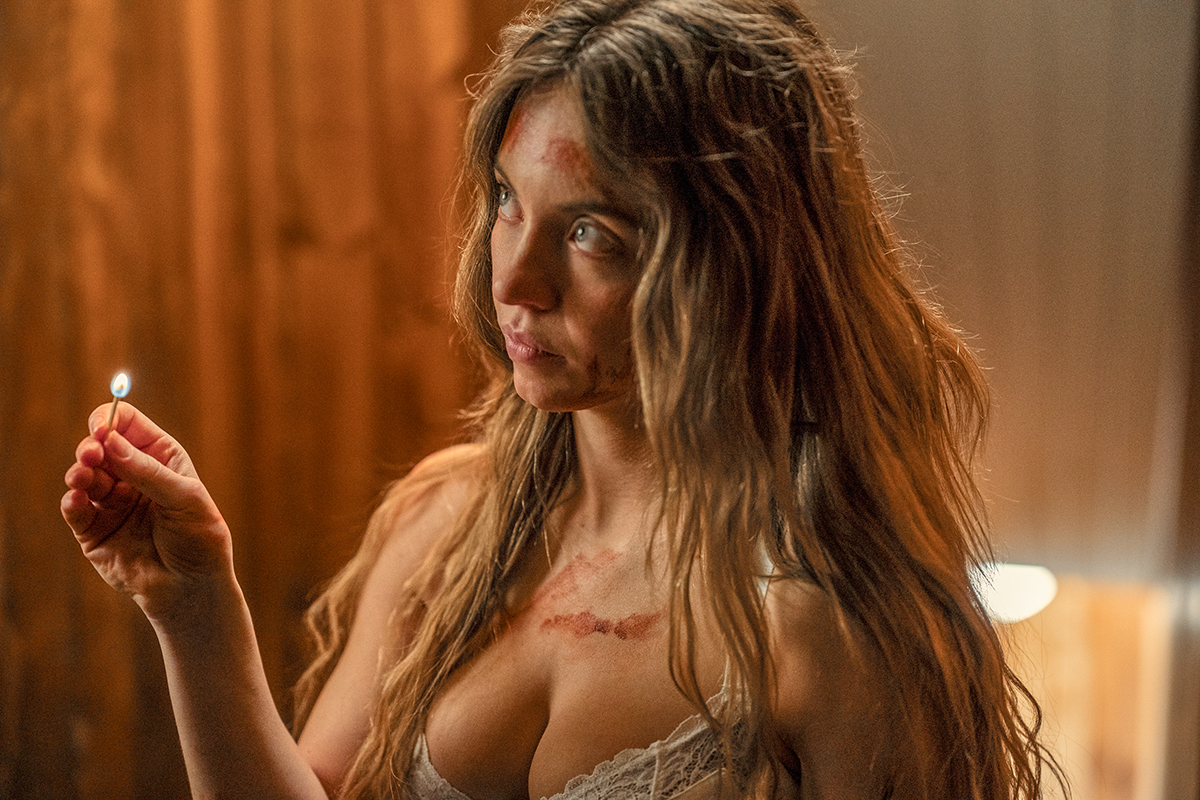
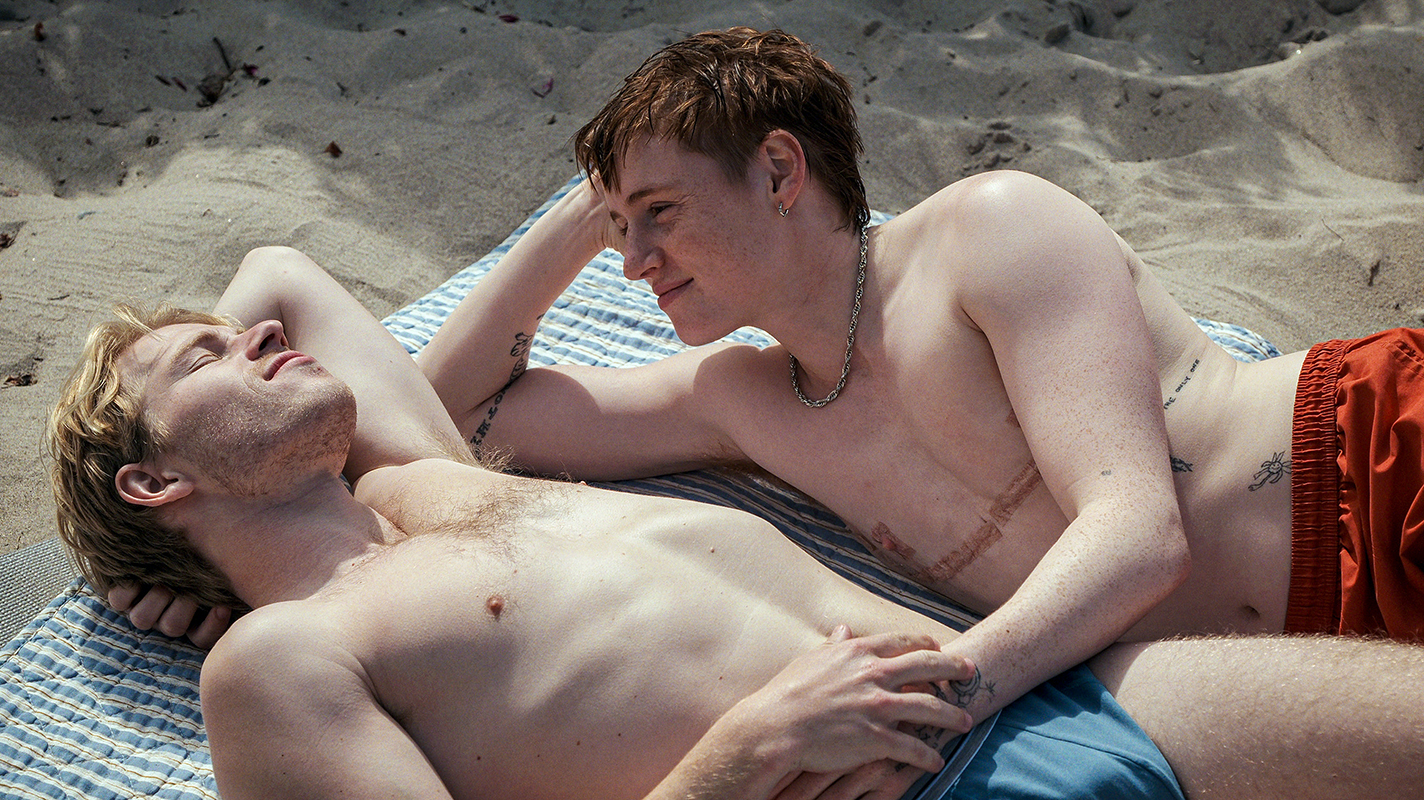
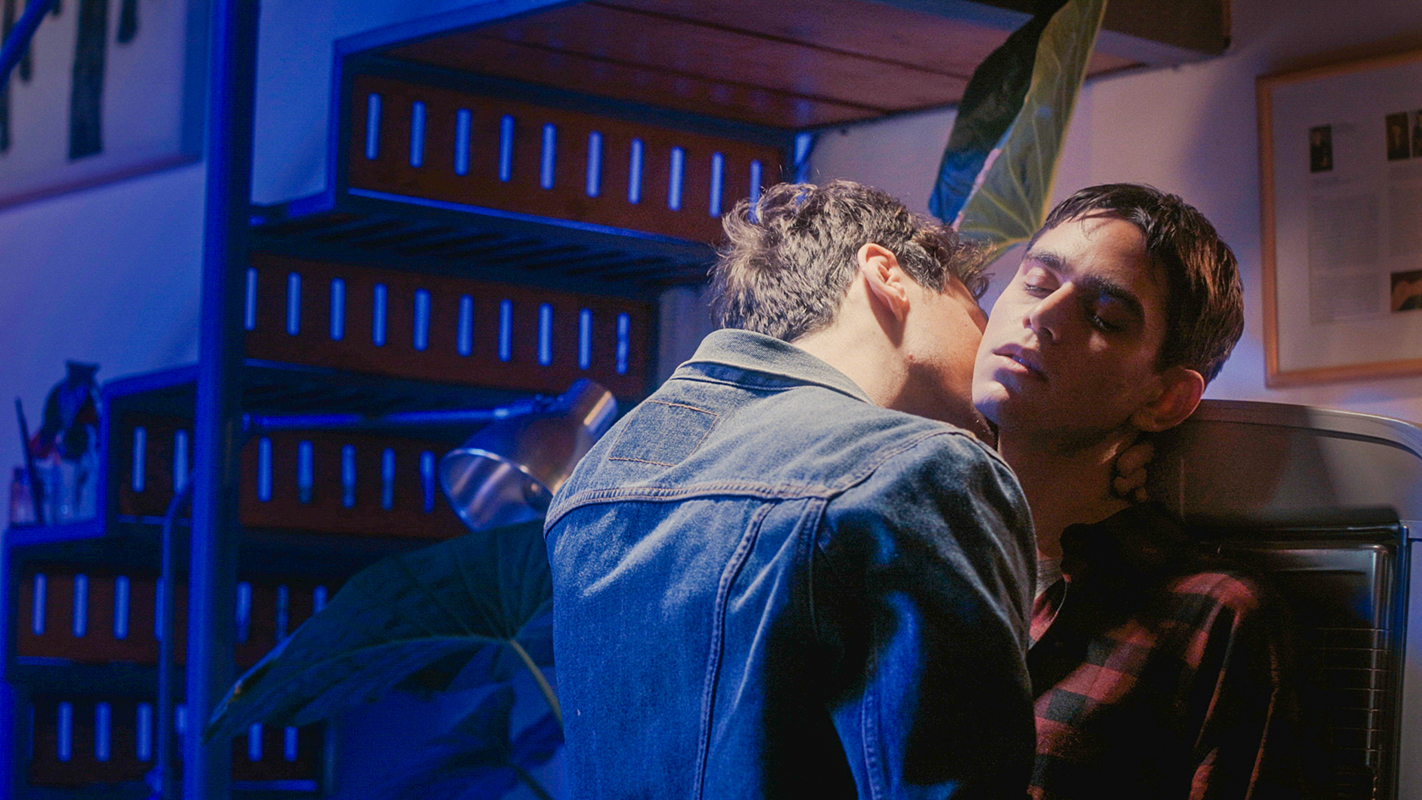













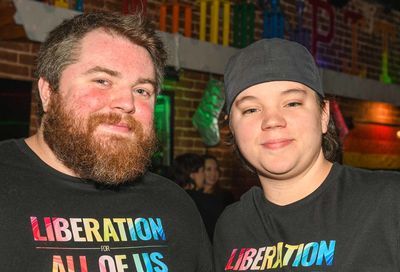
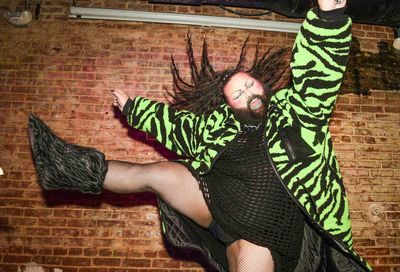

You must be logged in to post a comment.